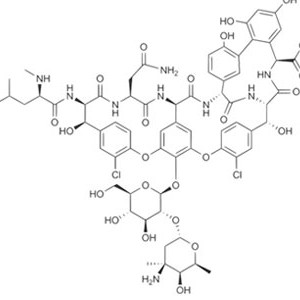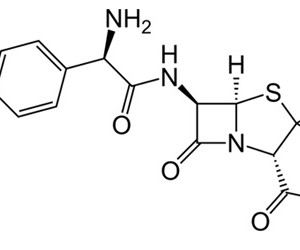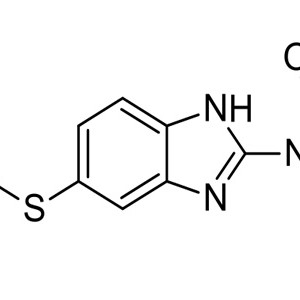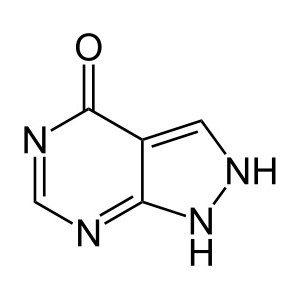Welcome visitor you can
login or register
0 items - $0.00
No products in the cart.
Papaverine
Papaverine /pəˈpævəriːn/[1] (lat. papaver, “poppy”) is an opium alkaloid antispasmodic drug, used primarily in the treatment of visceral spasm, vasospasm (especially those involving the heart and the brain), and occasionally in the treatment of erectile dysfunction. While it is found in the opium poppy, papaverine differs in both structure and pharmacological action from the analgesic (morphine-related) opium alkaloids (opiates).

Make an enquiry for this product
Category: Active Pharmaceutical Ingredients
Starting at
Product Description
| 1-(3,4-dimethoxybenzyl)-6,7-dimethoxyisoquinoline |
| Trade names | Pavabid |
| AHFS/Drugs.com | monograph |
| MedlinePlus | a682707 |
| Pregnancy category |
AU: A US: C (Risk not ruled out) |
| Legal status |
AU: S4 (Prescription only) US: ℞-only |
| Routes of administration |
Oral, intravenous, intramuscular, rectal, intracavernosal |
| Bioavailability | 80% |
| Protein binding | ~90% |
| Metabolism | Hepatic |
| Biological half-life | 1.5–2 hours |
| Excretion | Renal |
| CAS Number | 58-74-2 61-25-6 (hydrochloride) |
| ATC code | A03AD01 G04BE02 |
| PubChem | CID: 4680 |
| DrugBank | DB01113 |
| ChemSpider | 4518 |
| UNII | DAA13NKG2Q |
| KEGG | D07425 |
| ChEBI | CHEBI:28241 |
| ChEMBL | CHEMBL19224 |
| Formula | C20H21NO4 |
| Molecular mass | 339.385 g/mol |
|
SMILES[show] |
|
|
InChI[show] |
|





